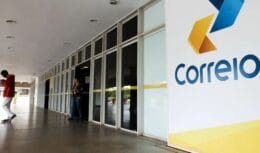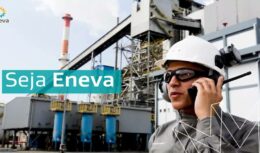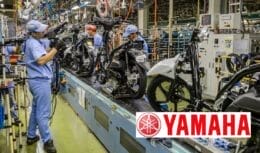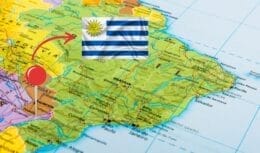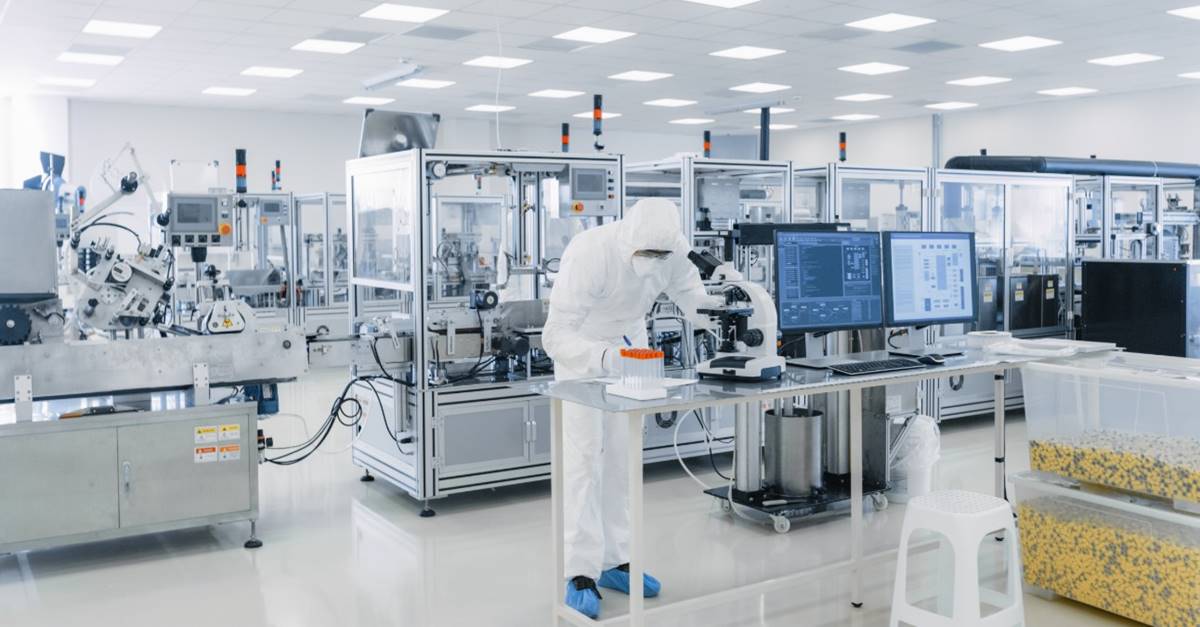
Petrobras and SENAI develop a new testing methodology, called “pooling multiplex” with the potential to increase 10x analysis capacity and reduce testing costs by up to 85%
Petrobras and Firjan SENAI have joined efforts to expand the capacity to carry out diagnostic tests for covid-19 in Brazil and are making the scientific-based protocol available free of charge for the implementation of a new method for mass testing of Covid-19 – called “multiplex pooling”. ”. Petrobras advances in the process of selling its shares in wind farms in Rio Grande do Norte
Read also
- SHARING AGREEMENTS RENDERED A PRODUCTION OF 56 THOUSAND BARRELS OF OIL IN APRIL
- Container Terminal in Paranaguá (PR), receives shipment of parts that will be used in the expansion of Klabin's Puma II Project
- Transpetro breaks historic record at the Angra dos Reis and Suape terminals handling 1,11 million tons of Petrobras fuel oil
More agile and economical, the new test methodology, called “pooling multiplex”, has the potential to increase the analysis capacity by about 10 times and reduce testing costs by up to 85%.
According to Petrobras and Senai, the new methodology allows the evaluation of several people simultaneously and is available by the Senais Institute to all specialized laboratories in Brazil and worldwide.
The union between Petrobras and Senai in reducing costs and increasing efficiency in testing for Covid-19
The innovation is in the methodology for carrying out the tests. The new approach created by Senai will speed up the RT-PCR testing protocol, as it allows the assessment of the presence of the virus in a pool, and not individually.
With this format, the laboratory also optimizes the amount of chemical reagents in the tests – from three to just one – and increases the scale of the tests, making the process cheaper.
To give an idea, the RT-PCR type test, which is highly accurate and considered the gold standard, costs an average of R$90, whereas, with the new approach, the amount could reach up to R$13.
With the reduction in the amount of reagents and labor, the new methodology can increase the testing capacity of laboratories by up to 10 times, depending on the characteristics of the population.
“In the fight against the coronavirus, one of the biggest problems we face is the shortage of reagents on the market for sample analysis – as it is a very expensive and usually imported input. With the new test methodology, we will save on reagents, expanding the ability to perform tests on the population. With the pooled strategy, you test a larger group of people with fewer reagents”, says Rubens Akamine, project leader at Petrobras.
“It is a watershed in facing the pandemic in Brazil. This method has the potential not only to make mass testing feasible, but it could also support decision-making regarding measures such as lockdown (total blockade) or reduction of social isolation”, explains the researcher from the SENAI Institute of Innovation in Green Chemistry , Sergio Kuriyama.
This project is yet another initiative of Petrobras' Scientific Response Team (ECR), which, together with companies, universities and science & technology institutions, has developed quick and viable solutions to help society face the pandemic.


